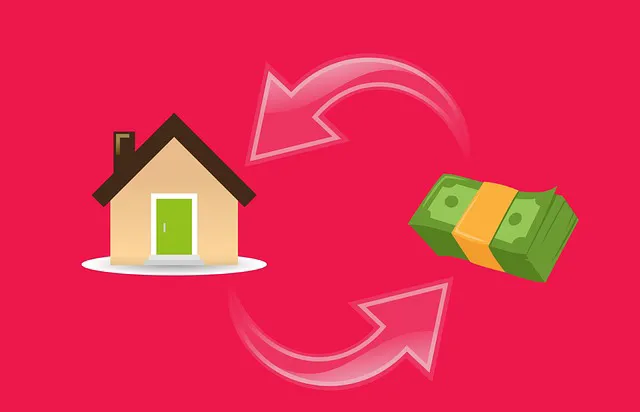Your financial situation will differ from person to person and from time to time. But, as a general rule, most people should aim for a balance between having more assets than liabilities.
Managing your net worth is essential for financial independence
A simple way to calculate your net worth is to subtract the total of your liabilities from the total of your assets. The resulting number is your net worth. For example, if you have $100,000 of assets and $20,000 of liabilities, then your net worth is $80,000. You can repeat this calculation anytime to see how your net worth has changed since the last time you calculated it.

The difference between assets and liabilities is that assets are the things that you own, while liabilities are the debts that you owe. This can be confusing, so it’s a good idea to keep a record of your assets and liabilities. Knowing the difference can help you stay on top of your finances and stay out of debt always.
In the beginning, you can’t live off just your assets, you also need some money coming in so that you can pay for things like rent and food. That’s why you should aim for a balance, If you have too many assets, you won’t have enough money coming in every month to pay for things like food and housing too. If you have too many liabilities, you won’t have enough assets to cover them when they are due. This can leave you with nothing to cover the next monthly bill and potentially forces you into debt.
When you have a comfortable amount of assets, you have more flexibility and freedom. You don’t have to work if you don’t want to and you can take time off to raise a family or pursue your passions. You can also retire earlier.
How do you calculate your net worth?
You can calculate your net worth at any time by subtracting your liabilities from your assets. This number can fluctuate from month to month, so it’s a good idea to keep track of your finances. You can also use finances tracking app or create an online budget.
If you’re in debt, the first thing to do is see if you can negotiate a lower amount with the creditor, and probably consolidate some of your debts, especially if they are the same creditor.
The market crash has had a significant impact on net worth, especially for those who took out high-interest rate loans. If you took out a high-interest rate loan, especially if it was a home equity loan, then the crash may have increased the amount that you owe. This can leave you in a difficult situation because you owe even more money and may not be able to afford to make the monthly payments.
If you find that you can’t pay your monthly obligations, you can try to generate some extra income by taking on a part-time job, and also try to cut back on some of your expenses.
What is the future of your net worth?
The future of net worth is uncertain because net worth is affected by many different factors.
When planning for retirement, the amount that you put into your 401(k) or Roth IRA account will have a significant impact on your future net worth.
In times of crisis, people often turn to their assets, such as their home or retirement savings, as a source of security. This can have a significant impact on your future net worth too, especially if you have a large amount of money in one asset.
How will you know when you’ve reached financial independence?
The best way to tell if you’ve reached financial independence is to look at your net worth. If you have enough money starch away that you don’t need to work, then you’ve reached financial independence.
Are there any ways to accelerate the process? Yes! There are a few things that you can do to accelerate the process of reaching financial independence;
• Invest in low-risk, high-reward assets such as stocks, bonds, etc.
• Invest in low-cost index funds. The most popular funds charge around 1%.
• Invest in cryptocurrency
• If you are married and are trying to build wealth together, talk to your spouse about what he or she would like to do with their money when they retire. There are many things that people don’t think about when it comes to money and can leave a lot of money on the table.
Conclusion
The goal of personal finances is to have enough savings or other assets to pay for any debt that you may owe. You want a balance between having more assets than liabilities. Managing your net worth is essential for financial independence. The better your finances are managed, the more options you have in terms of where you want to live, how much you want to spend, and what you want to do with your time.